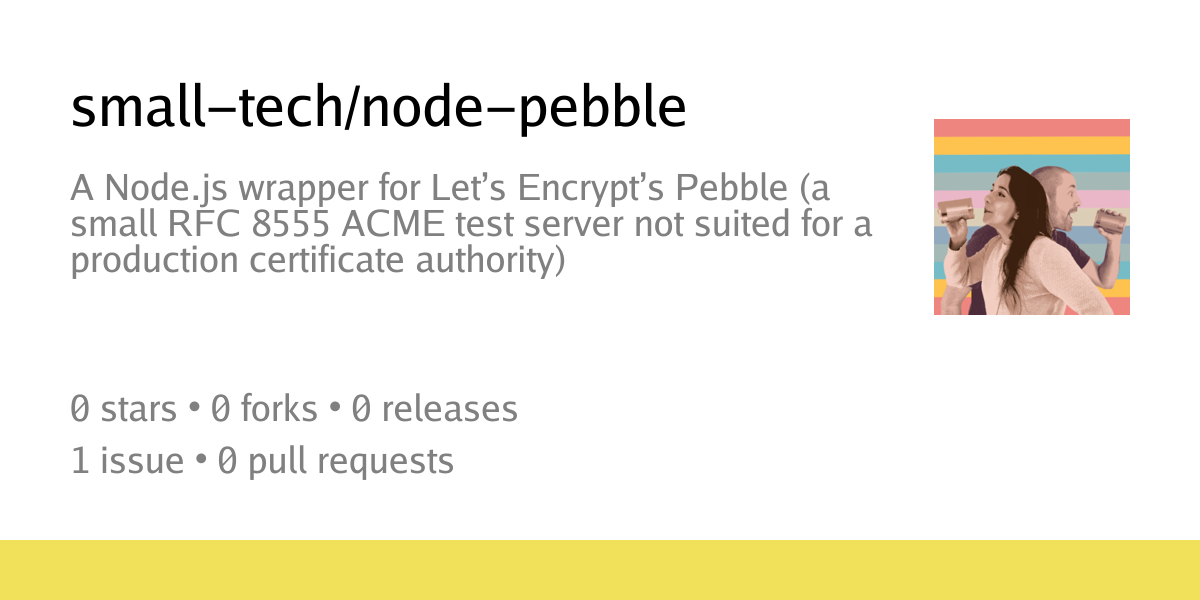2025-12-17 15:24:34
Just updated Node Pebble to support latest release version of Let’s Encrypt’s Pebble testing server.
#LetsEncrypt…
2025-11-18 16:55:33
Aaron Rodgers does not need left wrist surgery; Steelers QB pushing to play Sunday vs. Bears https://www.nfl.com/news/aaron-rodgers-does-not-need-left-wrist-surgery-steelers-qb-pushing-to-play-sunday-vs-bears
2026-01-16 19:11:43
Unser Aufruf: Trillern gegen den Faschismus
21.01.26, 18:00 Uhr, Vor der Barbara-Künkelin-Halle
#Schorndorf
#Noafd
#TDGR
2026-02-17 08:27:00
2025-12-16 04:52:45
Quoth @… in https://daringfireball.net/linked/2025/12/15/note-on-sms-marketing: “But there are an infinite number of things in life that ca…
2026-02-17 00:00:08
lkml_thread: Linux kernel mailing list
A bipartite network of contributions by users to threads on the Linux kernel mailing list. A left node is a person, and a right node is a thread, and each timestamped edge (i,j,t) denotes that user i contributed to thread j at time t. The date of the snapshot is not given.
This network has 379554 nodes and 1565683 edges.
Tags: Social, Communication, Unweighted, Timestamps
2025-11-18 16:12:11
2025-12-17 22:08:18
I guess we can look forward to physical fitness tests for marriage in the US.
https://bsky.app/profile/jaywillis.net/post/3ma7hbtosu22x
I expect the straight, white, and employed checks will come in other channels.
2025-12-17 08:27:14
H-Net Job Guide Weekly Report for H-Buddhism: 7 December - 14 December https://networks.h-net.org/group/announcements/20135383/h-net-job-guide-weekly-report-h-buddhism-7-december-14-december
2026-01-17 14:13:11
H-Net Job Guide Weekly Report for H-AmIndian: 4 January - 11 January https://networks.h-net.org/group/announcements/20137539/h-net-job-guide-weekly-report-h-amindian-4-january-11-january

![Am 21.01.2026 findet in der Barbara-Künkelin-Halle ein "Bürgerdialog" statt. Mit dabei ist Heinrich Koch, der auf seiner Homepage folgende Aussage tätigt:
"[...]Ich nehme mit großer Aufmerksamkeit zur Kenntnis, dass US-Präsident Trump und das Weiße Haus den Begriff "Remigration" öffentlich aufgreifen. [...] Ich begrüße diesen transatlantischen Schulterschluss ausdrücklich. Deutschland und Amerika verbindet mehr als Geschichte und Bündnisse – uns verbindet der Wille, unsere Länder wieder selbs…](https://storage.gra.cloud.ovh.net/v1/AUTH_91eb37814936490c95da7b85993cc2ff/bildungsocial/media_attachments/files/115/906/360/274/361/592/small/1f0507a42da62398.png)





